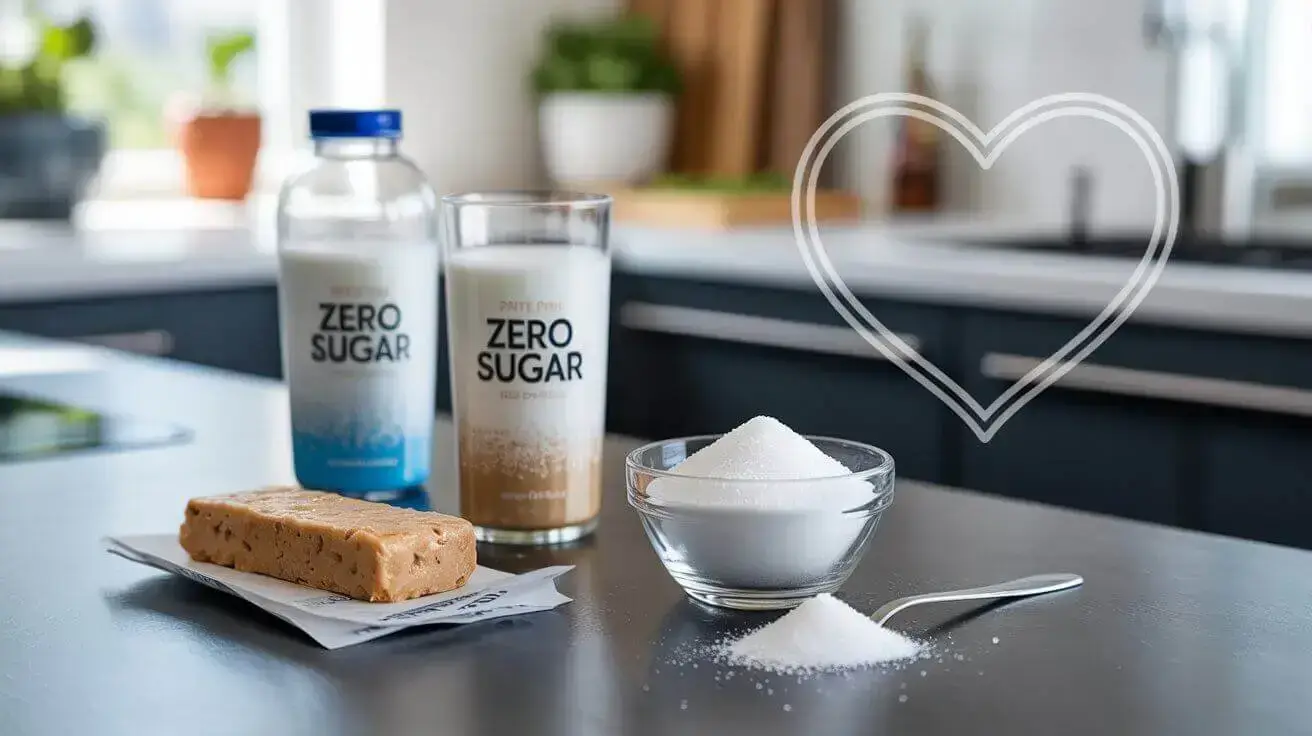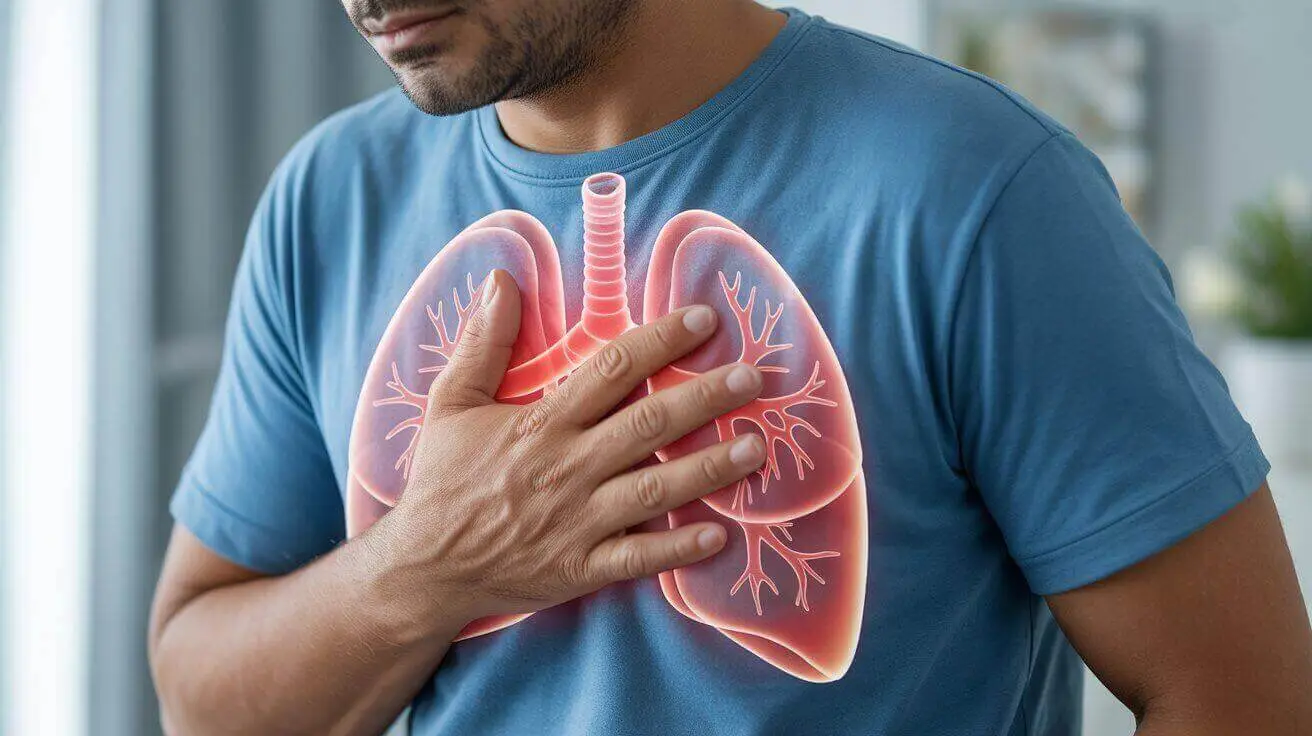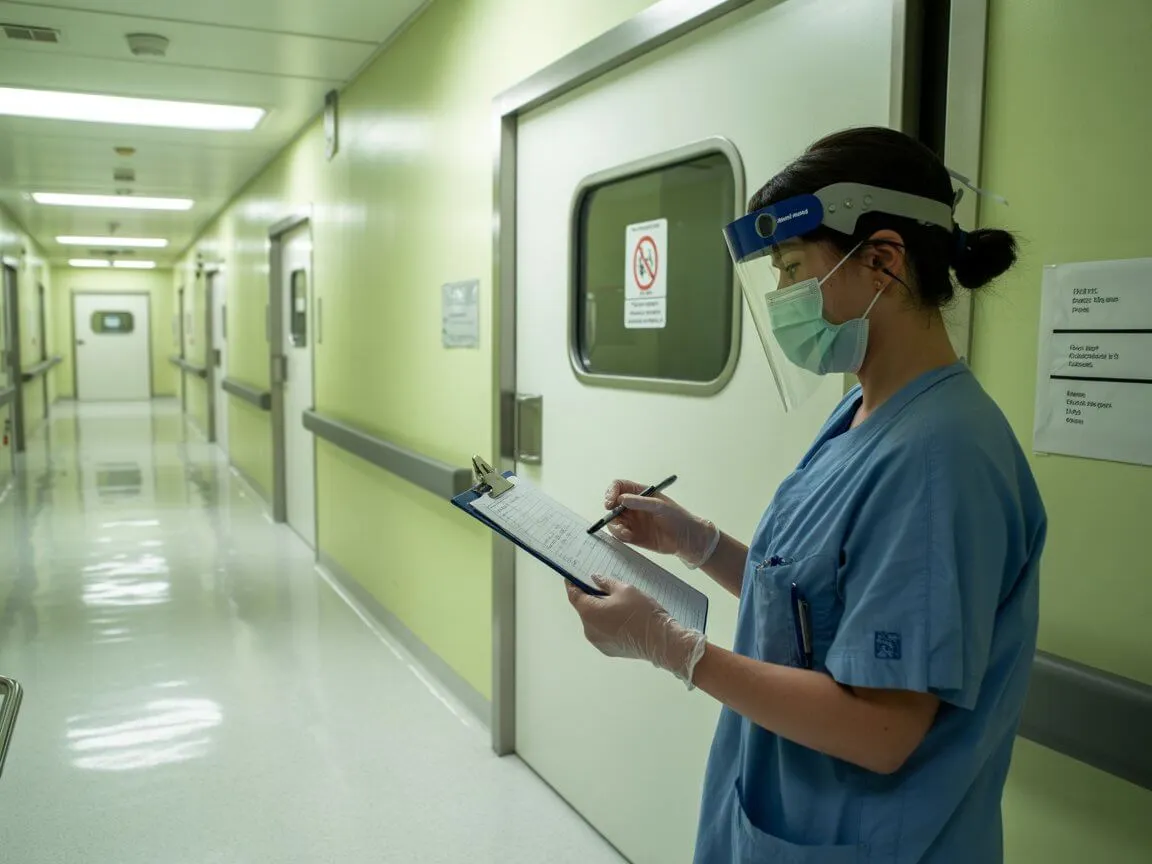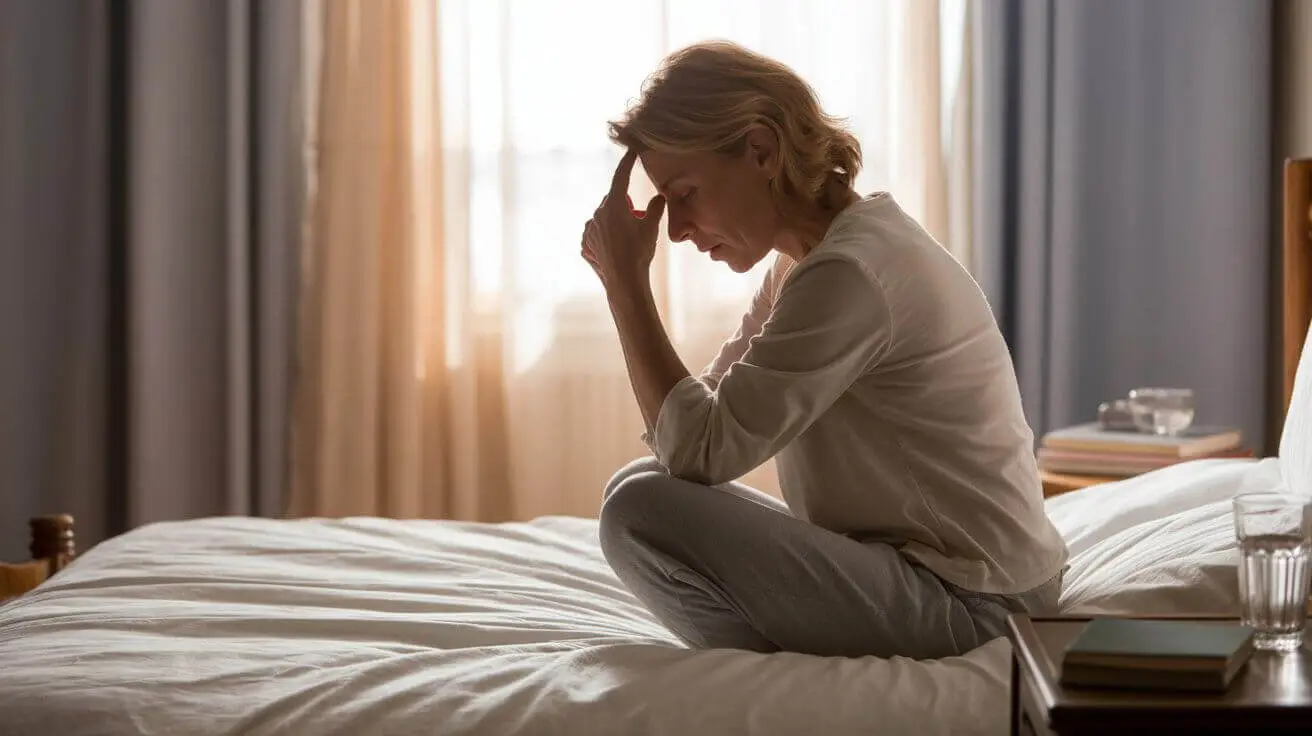Sleep trackers aren’t just trendy gadgets: they help you understand how you sleep, the quality of your deep and REM sleep, and what you can improve in your routine to feel more rested, focused, and healthy. But are all trackers reliable? If you’re wondering which one stands out as the best sleep tracker 2025, below you’ll find a science-backed guide to the top sleep trackers of the year, based on a study comparing these devices directly with the gold standard of sleep medicine: polysomnography.
Key Metrics: HRV, REM, Deep Sleep, and Light Sleep
HRV (Heart Rate Variability)
HRV measures the tiny changes in time between heartbeats — and that’s actually a good thing. A healthy heart speeds up slightly when you inhale and slows down when you exhale, a natural response called respiratory sinus arrhythmia. It reflects how well your body handles stress and recovery.
Higher HRV usually means better fitness, recovery, and stress resilience. Lower HRV can indicate fatigue, poor sleep, illness, or overtraining. While normal ranges vary, most healthy adults fall between 40–100 ms during sleep. The key is tracking your personal trends over time.
Many of the best sleep tracker 2025 options include HRV tracking to give you insight into your recovery and overall health.
Light Sleep (Stages 1 & 2)
Light sleep marks the entryway to deeper sleep. It’s important for transitioning from wakefulness to rest, but it isn’t restorative by itself: during light sleep, your body still responds to external stimuli and you’re more likely to wake up. Spending too much time in light sleep without reaching deeper stages often leaves you feeling tired in the morning.
Deep Sleep (Stage 3/N3)
This is when the most intense physical repair happens: growth hormone release, muscle recovery, and immune system strengthening. It’s the hardest stage to wake from and key to waking up refreshed. Too little deep sleep is linked to fatigue, poor immunity, and accelerated aging.
REM Sleep (Rapid Eye Movement)
During REM, your brain is active while your body stays relaxed. It’s essential for consolidating memories, processing emotions, and creativity. Short nights cut REM cycles, which can affect mood, learning, and mental health.
Restfulness (Sleep Quality)
This metric tracks micro-awakenings and movement during the night. Higher restlessness means more disrupted sleep, which can indicate stress, sleep apnea, or an uncomfortable sleeping environment.
Oura Ring Gen3: Best for Deep Sleep Accuracy
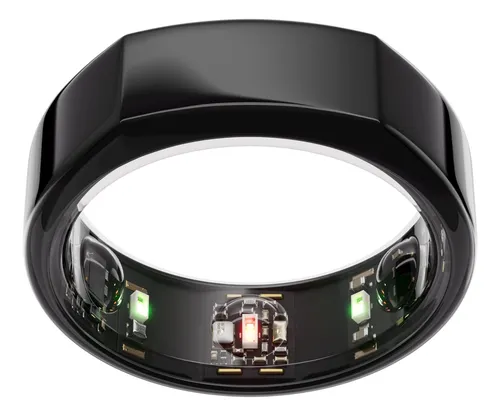
The Oura Ring Gen3 showed the closest performance to polysomnography in healthy adults, with sensitivity between 76% and 79.5% for detecting sleep stages and no significant differences for estimating time awake, light, deep, or REM sleep.
Pros:
- Excellent accuracy across all sleep stages in healthy adults.
- Long battery life and comfortable design for overnight wear.
Cons:
- Requires a paid subscription for advanced reports.
- Limited data on people with sleep disorders.
Where to buy: You can check the current price on Amazon.
Fitbit Sense 2: Solid for Total Sleep Time

The Fitbit Sense 2 demonstrated sensitivity between 61.7% and 78% for sleep stages, but tended to overestimate light sleep by 18 minutes and underestimate deep sleep by 15 minutes compared to PSG — findings that are important when evaluating candidates for the best sleep tracker 2025.
Pros:
- Good accuracy for total sleep time in healthy adults.
- User-friendly app with actionable insights.
Cons:
- Less accurate in detecting deep sleep.
- Not evaluated in people with insomnia or other disorders.
Where to buy: You can check the current price on Amazon.
Apple Watch Series 8: Great iOS Integration, but More Variability

The Apple Watch Series 8 showed sensitivity ranging from 50.5% to 86.1% across sleep stages. It underestimated deep sleep by 43 minutes, overestimated light sleep by 45 minutes, and underestimated wake time by 7 minutes.
Pros:
- Seamless integration with iPhone and Apple ecosystem.
- Reasonably accurate total sleep time data in healthy adults.
Cons:
- Greater variability in stage estimates.
- Tested only in controlled environments with healthy adults.
Where to buy: You can check the current price on Amazon.
Whoop 4.0: Focused on Recovery and Performance
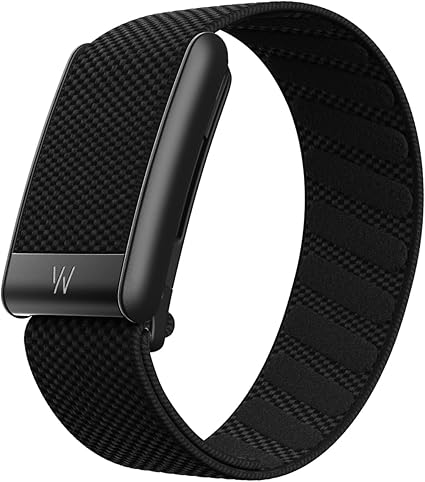
Although not included in the study, the Whoop 4.0 is popular for providing detailed HRV and recovery data. However, no independent studies have yet validated its sleep stage accuracy compared to PSG.
Pros:
- Detailed recovery and strain metrics.
- Personalized feedback on training and health.
Cons:
- Requires a monthly subscription.
- Lacks independent validation for sleep accuracy.
Where to buy: You can check the current price on Amazon.
Withings Sleep Mat: Simple, No-Wear Design
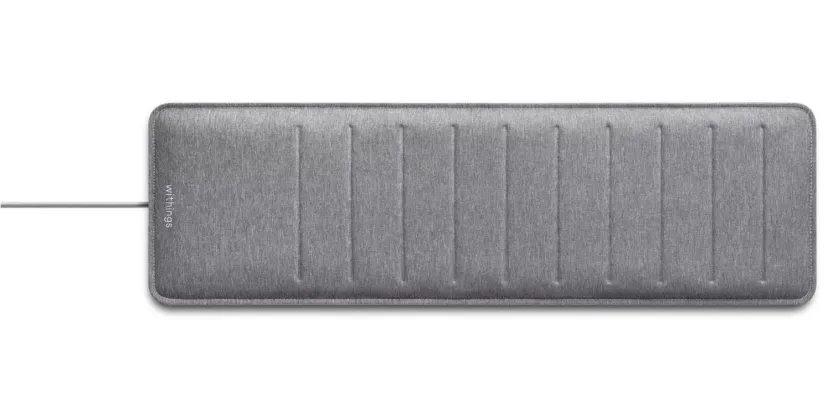
Also outside the study’s scope, the Withings Sleep Mat sits under your mattress and measures sleep cycles, snoring, and mild sleep apnea. However, it doesn’t track HRV or nighttime movement.
Pros:
- No device worn on the body.
- Easy setup and daily reports.
Cons:
- Limited metrics like HRV.
- Accuracy depends on correct mattress placement.
Where to buy: You can check the current price on Amazon.
5 Hacks to Improve Sleep Based on Your Data
1. Keep consistent bed and wake times
Going to bed and waking up at the same time each day helps regulate your circadian rhythm, improving sleep latency and efficiency.
2. Avoid caffeine and alcohol at night
These substances increase awakenings and reduce deep sleep quality.
3. Practice relaxation before bed
Breathing exercises or meditation can increase HRV and help you fall asleep faster.
4. Optimize your sleep environment
A dark, quiet room at 65–68°F (18–20°C) promotes deeper sleep.
5. Track weekly trends, not single nights
Patterns over weeks matter more than one bad night. That’s why many users turn to the best sleep tracker 2025 options to look for persistent signs of low efficiency or frequent awakenings over time.
Conclusion: Which Device Is the Best Sleep Tracker 2025?
If you want the most accurate insights into your deep and REM sleep cycles, the Oura Ring Gen3 stands out. The Fitbit Sense 2 strikes a solid balance between cost, features, and reasonably accurate data, while the Apple Watch Series 8 shines with its Apple ecosystem integration but shows greater variability in stage accuracy.
👉 No matter which device you choose, whether or not it’s seen as the best sleep tracker 2025, what matters most is how you use the data to spot weekly trends and take action on persistent patterns of poor sleep.
Want to dig deeper into how sleep affects your health? Check out our post on how sleep deprivation impacts blood sugar: it breaks down what really happens in your body when you don’t get enough rest—and why quality sleep matters more than you think.https://vitalcareguide.com/sleep-and-blood-sugar-link/
💤 FAQ: Sleep Trackers & Wearables in 2025
1. What is the best sleep tracker in 2025?
The answer depends on what you’re looking for. Based on current research, the Oura Ring Gen3 stands out for its accuracy in measuring deep and REM sleep in healthy adults. That said, the best sleep tracker 2025 for you might vary depending on comfort, features, app design, and how you use the data. Fitbit and Apple Watch also perform well in some categories.
2. What is the best health tracking watch 2025?
If you’re looking for a device that goes beyond sleep tracking — including activity, heart rate, stress, and recovery — the Apple Watch Series 8 and Fitbit Sense 2 are strong options. Apple offers seamless iPhone integration and ECG with arrhythmia detection, while Fitbit delivers helpful recovery insights and broad compatibility.
The Oura Ring doesn’t provide ECG or detect arrhythmias, but it does offer reliable overnight data on heart rate and HRV, which can help track stress and recovery trends. It also stands out as the most accurate device for measuring sleep quality, performing closest to clinical standards in healthy adults.
While Oura is ideal for those focused on sleep and recovery, Apple remains the more complete option for heart health. Each device serves different priorities, so the best choice depends on your goals.
3. What is the most accurate sleep tracker?
In studies comparing devices with polysomnography (the gold standard in sleep science), the Oura Ring Gen3 showed the closest performance for detecting sleep stages. It had high sensitivity and minimal deviation in measuring light, deep, and REM sleep. Fitbit and Apple Watch showed reasonable accuracy, but with greater variability.
4. Is Apple Watch sleep tracking better than Oura?
Not necessarily. While the Apple Watch offers useful sleep insights and integrates well with iPhone apps, studies show that it tends to underestimate deep sleep and overestimate light sleep. The Oura Ring, on the other hand, has shown greater accuracy in tracking sleep stages, especially in healthy adults. That said, the Apple Watch may still be a better choice for users who want a broader health-tracking experience beyond just sleep.
Study Reference
Robbins, R., Weaver, M. D., Sullivan, J. P., Quan, S. F., Gilmore, K., Shaw, S., Benz, A., Qadri, S., Barger, L. K., Czeisler, C., & Duffy, J. F. (2024). Accuracy of three commercial wearable devices for sleep tracking in healthy adults. Sensors (Basel, Switzerland), 24. Read the full study
Medical Disclaimer: This content is for educational purposes only and does not replace professional medical advice, diagnosis, or treatment. Always consult your physician or a qualified healthcare provider with any questions about a medical condition.
Some links in this article may be affiliate links.


